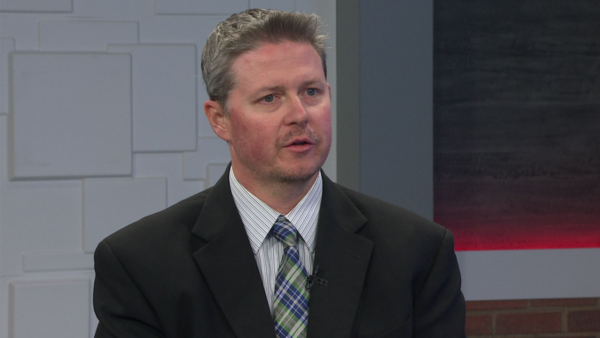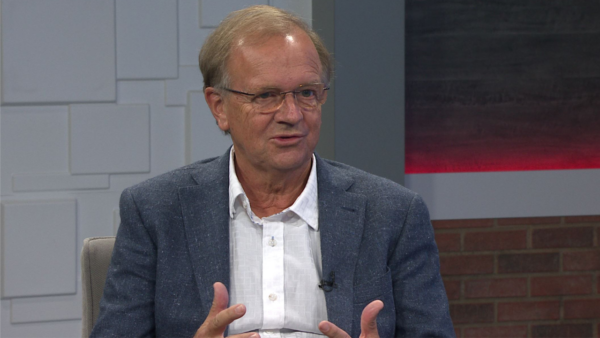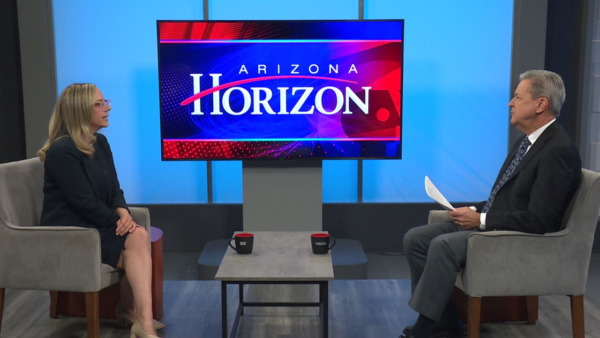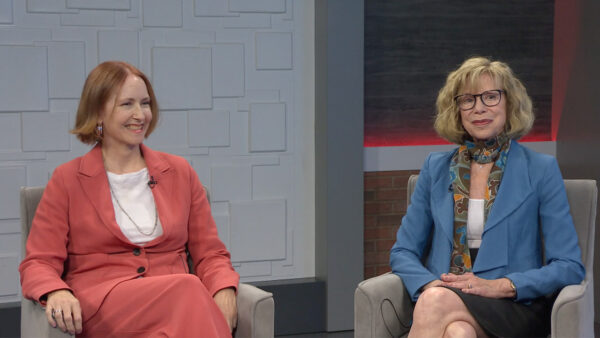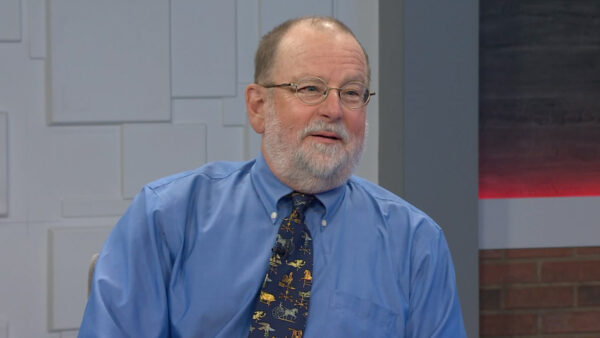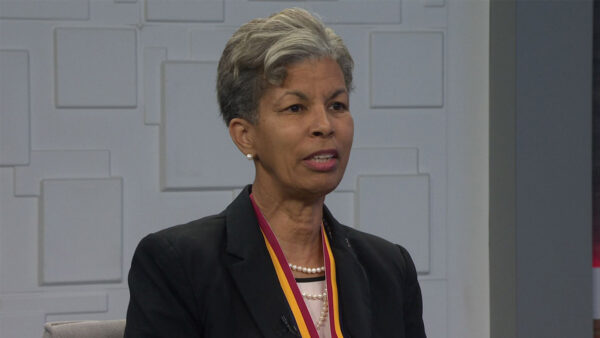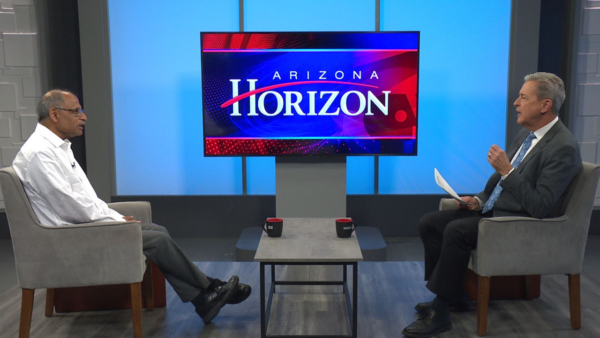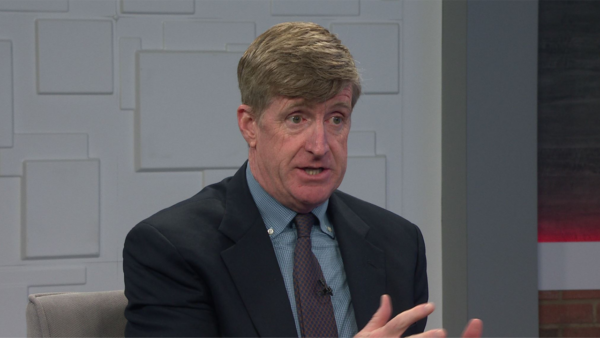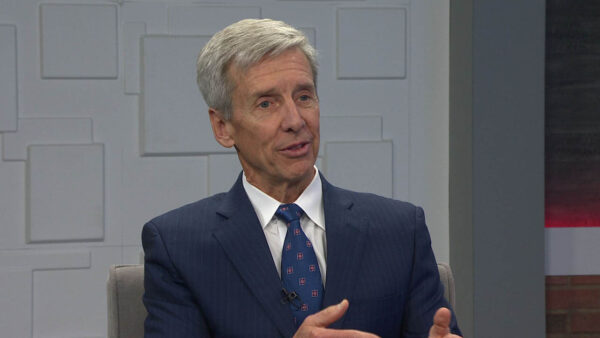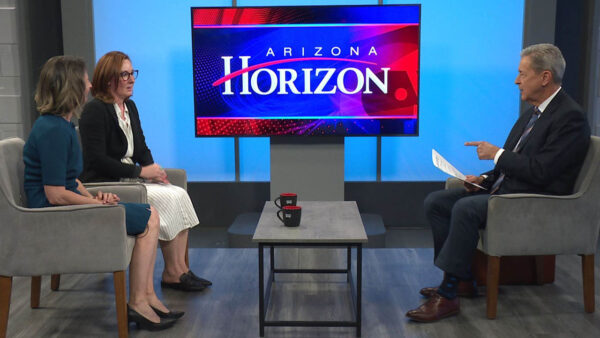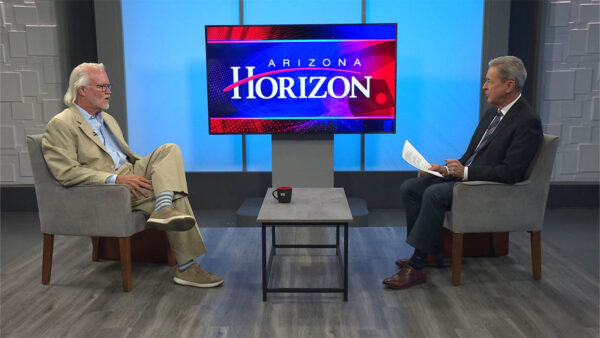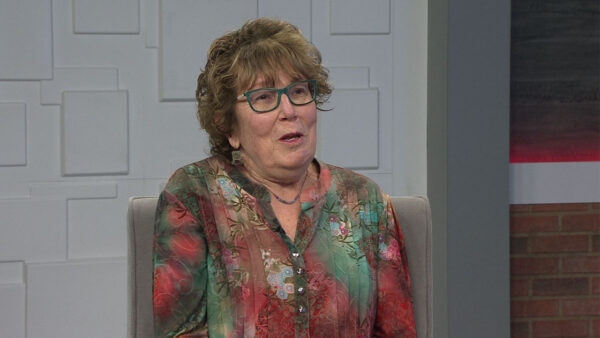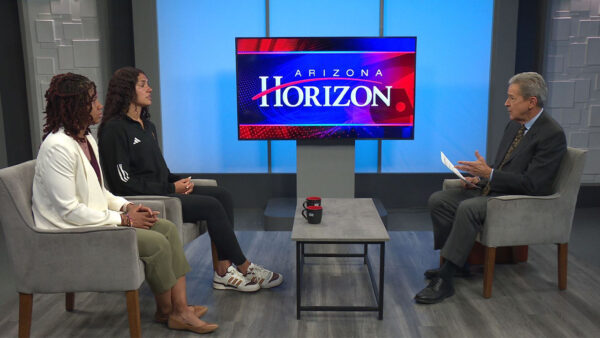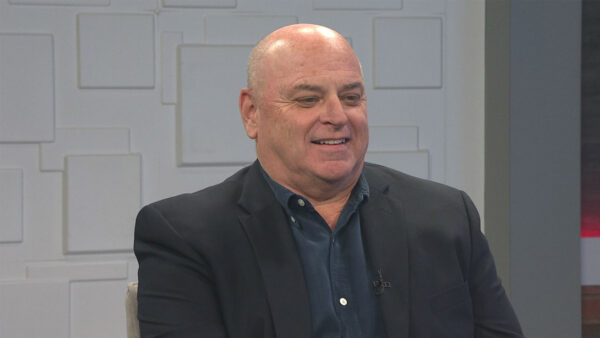FDA approves gene therapy for sickle cell disease
Dec. 13, 2023
Last week, the FDA announced approval of the first CRISPR gene therapies for sickle cell disease. The therapy, called Casgevy, from Vertex Pharmaceuticals and CRISPR Therapeutics, is the first medicine to be approved in the U.S. that uses the gene-editing tool.
The only known cure for sickle cell disease was to receive a bone marrow transplant from a donor, which carries the risk of rejection by the immune system, in addition to the difficult process of finding a matching donor. We spoke with Ben Hurlbut, bioethicist and science historian with the ASU School of Life Sciences about the new therapy.
“What’s interesting and exciting about these therapies is first of all is that they are the first therapies that mostly alleviate or completely eliminate the symptoms of sickle cell disease which can be horrible, horrible pain and systemic damage to the body.” Hurlbut said.
Hurlbut says the gene-editing technology was developed about a decade ago and CRISPR is the first therapy approved to use it. He says from the development to its approval for treatment was completed very quickly because it can be a very long process.
“What CRISPR is a tool that was sort of derived it’s kind of a hack from a bacterial immune system that uses a very targeted guide, that can take you to a very specific spot that you choose, according to a DNA sequence and attaches a protein to it and makes a cut. That means you can make very precise modifications to any DNA,” Hurlbut said.
With this therapy the blood forming stem cells are removed and are genetically modified by destroying the gene that suppresses fetal hemoglobin which is blood that is produced during fetal development. Therefore, normal healthy blood is produced and the symptoms of sickle cell go away, Hurlbut said.
“There is a lot of promise with CRISPR based therapies in a sense any genetic disease in principle, where the CRISPR tool can make a modification that could affect that disease… that could cure,” Hurlbut said.





